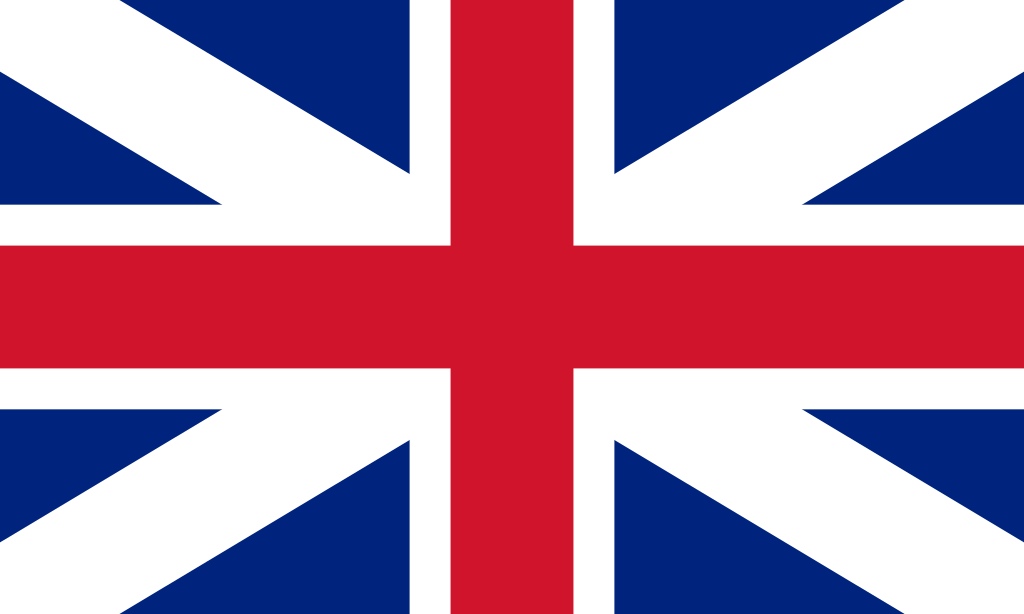AOP Muscat de Lunel
small grapes, rich flavour!

Between Montpellier and Nîmes,
vineyard sites near the sea are the home of one of Languedoc’s most highly prized dessert wines. Read on to find out more!

Muscat de Lunel and its geography
Heading to the East of the Languedoc wine region, this appellation encompasses the towns and villages of Lunel, Lunel-Viel, Saturargues and Vérargues. If you’re expecting the terrain here to be very rugged with dizzyingly steep inclines, think again. This appellation area embraces rolling hills opening onto the sea.
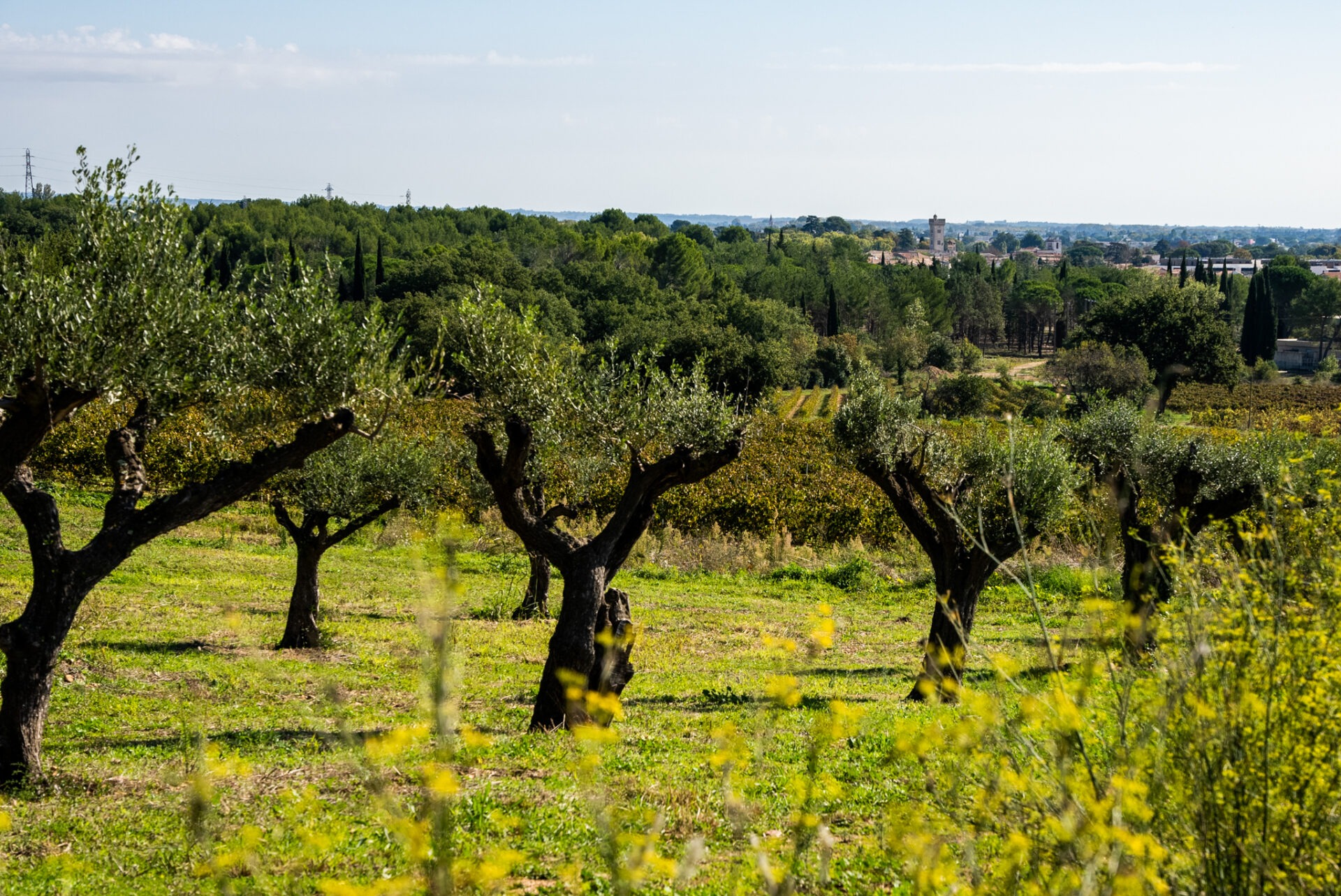
Foundation
1943
Territory
4
villages
Production
100 HA
Producers
6 independent and co-operative wineries.
couleurs
White
100%

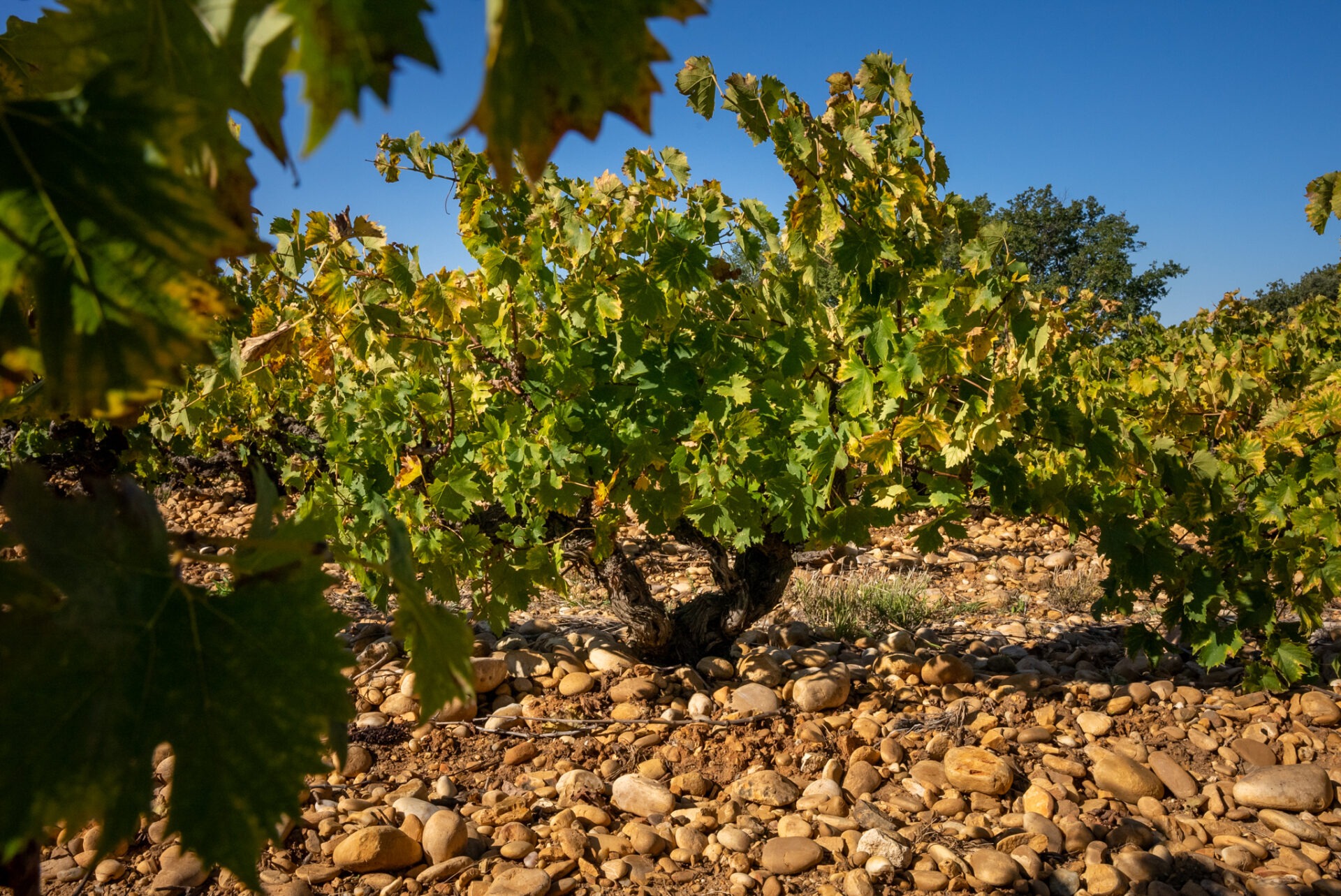
Grape varieties
authorized for the whites
muscat blanc à petits grains
More information:
https://muscat-lunel.eu/en/Terroir


Rooted in sandstone soils with red silica gravel and Rhone sediment comprising quartz, the vines bask in a typically Mediterranean climate.
In summer, heat and drought are the norm, but they are tempered by the nearby sea which gives off welcome humidity for the vineyards. This dampness is in fact what allows them to suffer less than in other areas, and creates good conditions for the grapes to ripen effortlessly.
History

This is all the more important for grapes destined to produce a dessert wine, which must be picked at peak ripeness. By law, the wine, produced by fortification, must have a minimum alcohol content of 15% and contain at least 110g of residual sugar in the bottle. The resultant highly aromatic, fat Muscat-de-Lunel ‘vins doux naturels’ show at their best when young.

